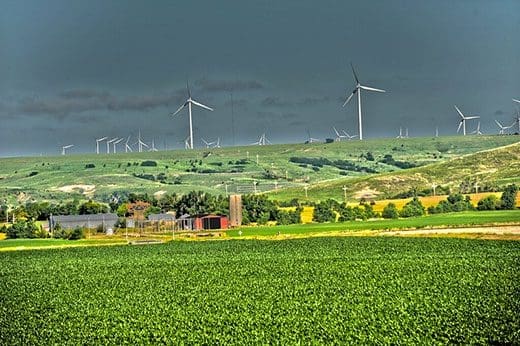Manhattan, Kan. — A little bit of stress, says Bradley Dirks, is a good thing.
“Quite frankly,” said Dirks, a behavioral health specialist with K-State Research and Extension, “a little bit of stress motivates us; it pushes us.”
When one stress gets layered upon another and another…well, then it’s not so good.
Dirks has taken a look at the stress that has built up in rural America recently and says there is a heightened need for farm families to take notice of how they’re dealing with the challenges they face.
In many farm operations, Dirks said, “we have multiple layers of stress. For example, we know we have to support our family financially. We have to continue with our education and manage our business. And then you layer that on top of the weather – which we can’t control – and so many government regulations and mandates…”
“There are so many layers to the stress we are experiencing now that what we’re seeing in rural areas is the straw that breaks the proverbial camel’s back. It just takes one more thing and our stress goes into overload.”
Talking about stress is not a comfortable topic for many, so Dirks said it’s important for families and co-workers to watch out for one another. “We are better at recognizing stress in other people than we do in ourselves,” he said. “We are often not aware of our own levels of stress or how that looks and feels.”
Some physical symptoms of stress might include a headache, an aching neck, not sleeping or waking up tired. Behavioral symptoms include a short temper, anger, inability to relax and having difficulty making decisions.
Dirks said everyone is unique in how they choose to deal with stress. “There is a laundry list of things we can tell people,” he said, “(such as) eat well, exercise, remove yourself from the stress, take a break, go fishing.”
At a given point, though, Dirks said it’s important to talk to someone.
“I still believe that most therapy is done over the back fence with a cup of coffee with our friends and neighbors, (with) people who care about us and will listen,” he said. “The next level is finding a professional to talk to. Until we’re able to recognize and address our stress, it often times keeps growing.”
Each person’s process of dealing with stress will help for the next time life gets challenging, he said.
“When the current stress is gone, my experience tells me that something else takes its place,” Dirks said. “We don’t know what tomorrow holds. So we need to manage stress on an ongoing basis because it’s part of life. Having those skills and support systems in place is very important.”
More information and resources related to coping with stress are available online from the K-State Research and Extension bookstore (search for “Stress”), or by contacting your local extension office.













